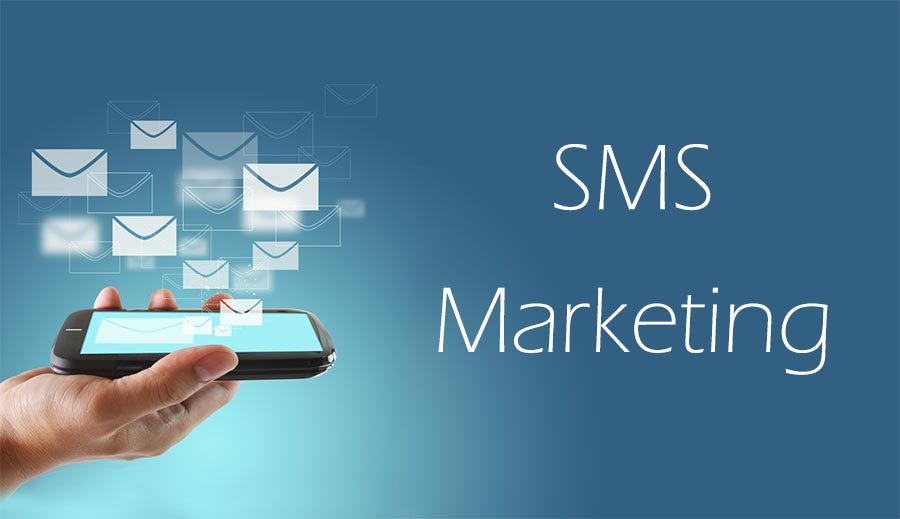In the contemporary digital milieu, where attention spans are ever-diminishing, and the competition for consumer engagement is relentless, businesses are compelled to refine their marketing strategies to remain pertinent continuously. Among the plethora of marketing avenues available, SMS (Short Message Service) marketing has emerged as a potent tool for directly and effectively reaching customers. Nonetheless, not all SMS campaigns are created equal. Crafting a truly successful SMS marketing endeavor necessitates meticulous planning, ingenuity, and a keen eye for detail.
- Persuasive and Concise Messaging
At the core of any triumphant SMS marketing campaign lies the content. SMS messages, by nature, are brief, limited to a meager 160 characters in most cases, thus rendering every word pivotal. To captivate recipients and spur them into action, your content must be lucid, concise, and persuasive. Commence by delineating a precise objective for each message—whether it’s spotlighting a sale, heralding a new product, or extending an invitation to an event.
Articulate messages that strike a chord with your target demographic, employing rhetoric that resonates with their interests. Personalization can markedly enhance engagement, so contemplate addressing recipients by name and tailoring messages based on their prior interactions with your brand. Additionally, infuse persuasive elements such as exclusive offers, time-sensitive deals, or compelling calls to action to galvanize recipients into taking the desired action.
- Strategic Temporal Deployment and Frequency
Temporal precision is of paramount importance in SMS marketing. Dispatching messages at the opportune moment can substantially influence open rates, response rates, and overall campaign efficacy. Ponder over factors such as the demographic composition of your target audience, their geographic location, and behavioral patterns to ascertain the optimal timing for dispatching messages. For instance, disseminating a lunchtime promotion to office denizens or a weekend offer to weekend shoppers may yield superior outcomes.
Equally consequential is the frequency of your messages. Bombarding recipients with an excessive volume of messages can breed irritation and instigate opt-outs, whereas sporadic communication may consign your brand to oblivion. Strike a harmonious balance by spacing out your messages and aligning them with your audience’s proclivities and anticipations. Harness analytics and feedback mechanisms to gauge the efficacy of your temporal strategy and recalibrate your approach accordingly.
- Adherence to Regulatory Frameworks and Best Practices
SMS marketing is subject to an array of regulations and guidelines designed to safeguard consumers’ privacy and forestall spam. Before unfurling your campaign, acquaint yourself with pertinent statutes such as the Telephone Consumer Protection Act (TCPA) in the United States or the General Data Protection Regulation (GDPR) in Europe. Ensure that you’ve garnered explicit consent from recipients to receive SMS communications from your brand and furnish lucid opt-out instructions in every message. Conforming to best practices not only engenders compliance but also burnishes your brand’s reputation and credibility. Respect your audience’s preferences and privacy, eschewing overbearing or deceptive marketing stratagems. Cultivating a positive rapport with your audience is paramount for sustained success in SMS marketing.
- Integration with Multi-channel Strategy
While SMS marketing can wield considerable standalone efficacy, its impact can be further amplified through integration with a multi-channel marketing blueprint. Harmonize your SMS campaigns with other marketing conduits such as email, social media, and mobile apps to fashion seamless and immersive experiences for your audience. Introducing an SMS short code adds another layer of interaction and engagement. By prompting recipients to text a specific short code, businesses can facilitate seamless opt-ins, promotions, or access to exclusive content.
For instance, a retail brand could encourage customers to text a short code to receive exclusive discounts, or a nonprofit organization might invite supporters to text a short code to contribute to a fundraising campaign. Integration empowers you to connect with customers at disparate touchpoints along their journey, reinforcing your message and augmenting brand recall.
- Ongoing Monitoring and Enhancement
The denouement of a stellar SMS marketing campaign is continuous monitoring and enhancement. Track key performance metrics such as open rates, click-through rates, conversion rates, and opt-out rates to assess the efficacy of your campaign. Scrutinize the data to discern trends, glean insights, and pinpoint areas ripe for refinement.
A/B testing emerges as an invaluable technique for optimizing your SMS missives. Experiment with diverse message formats, calls-to-action, temporalities, and personalization stratagems to ascertain what resonates most profoundly with your audience. Iteratively refine your approach based on the outcomes of your experiments, perpetually honing and fine-tuning your campaign for optimal efficacy.
Conclusion
In summation, a flourishing SMS marketing campaign hinges on a strategic fusion of persuasive and concise messaging, astute temporal deployment and frequency, adherence to regulatory frameworks, integration with a multi-channel strategy, and ongoing monitoring and enhancement. By mastering these quintessential components, businesses can unlock the full potential of SMS marketing as a formidable tool for engaging customers, driving sales, and nurturing enduring relationships.

